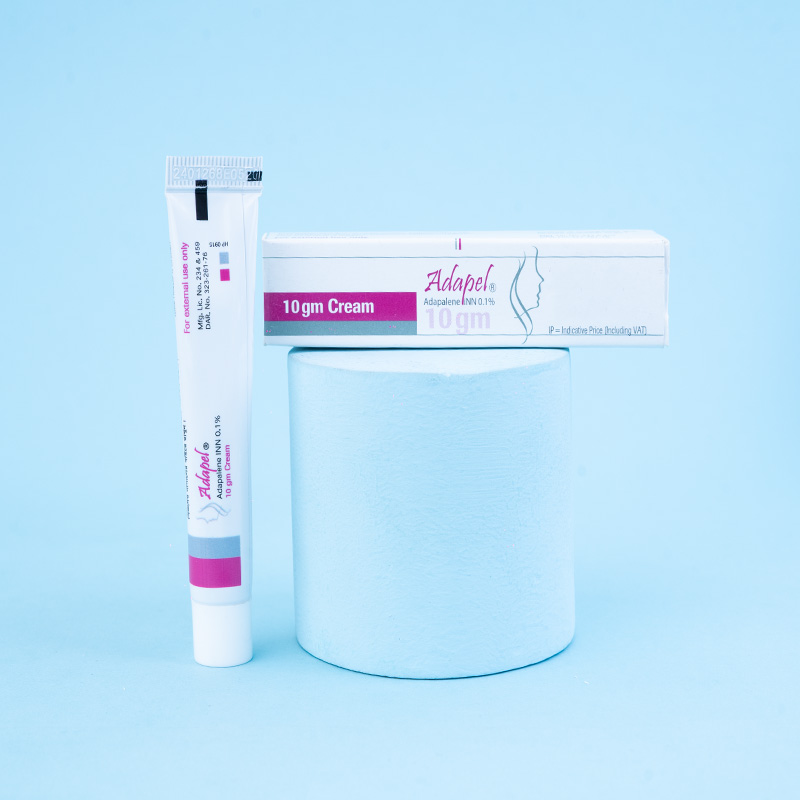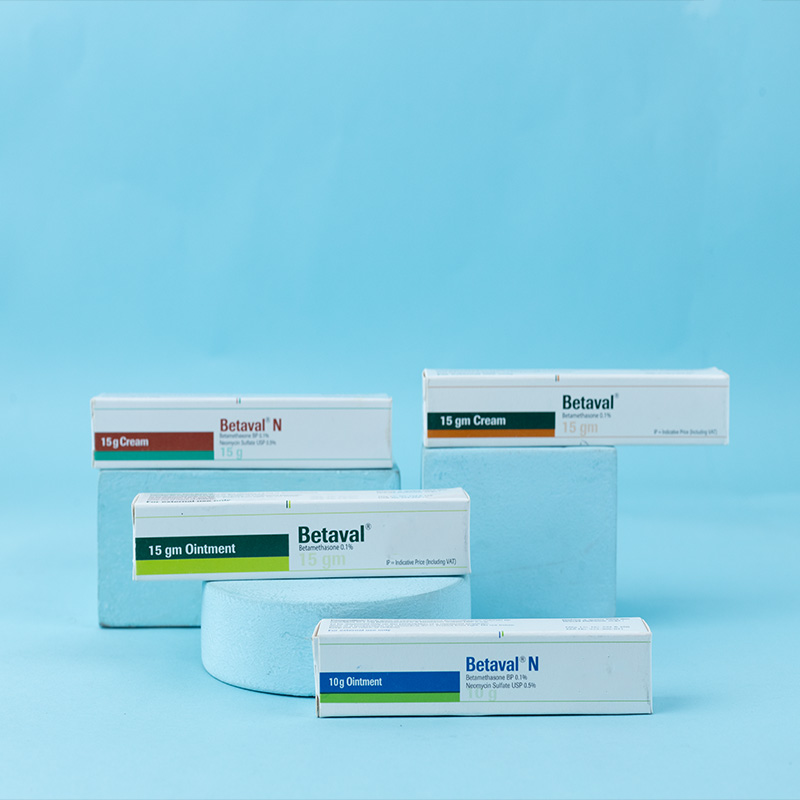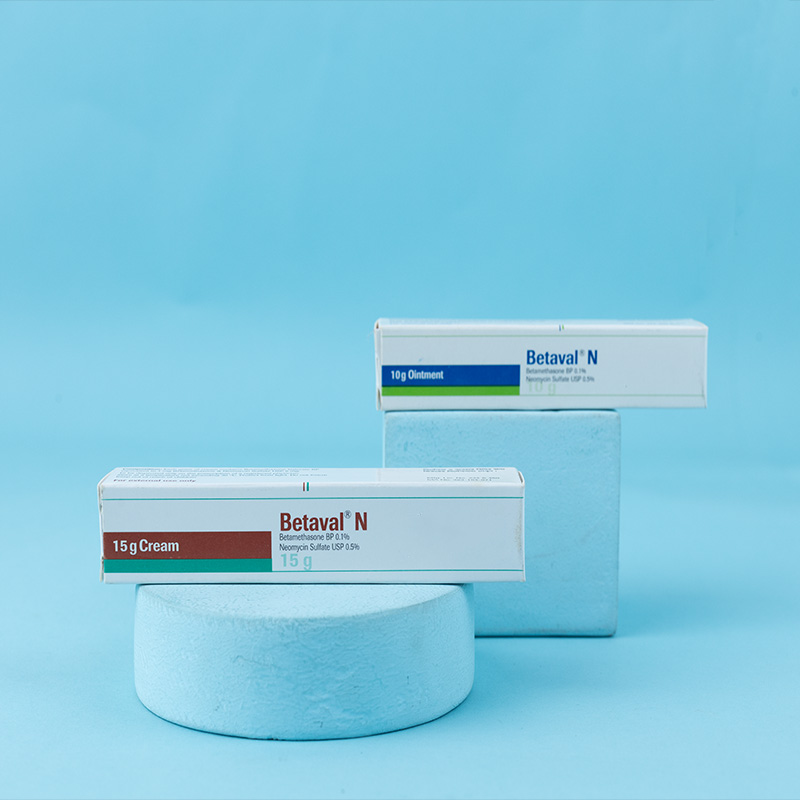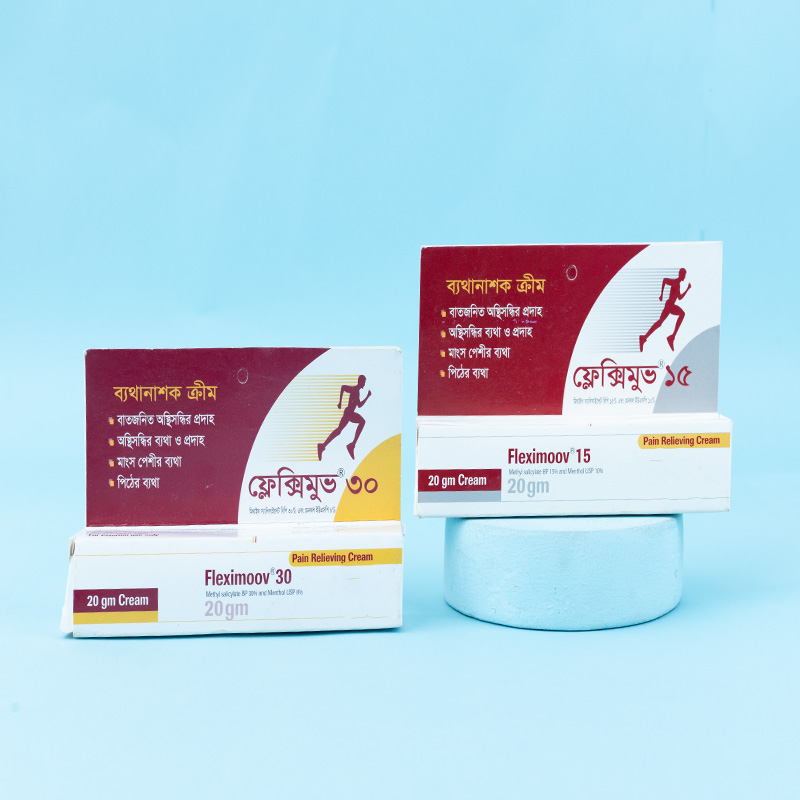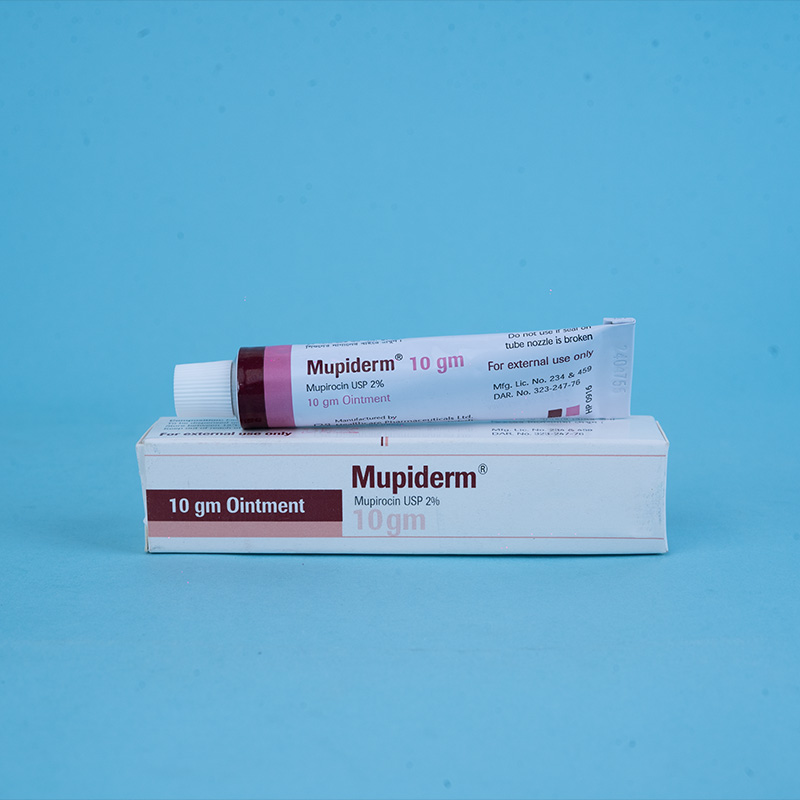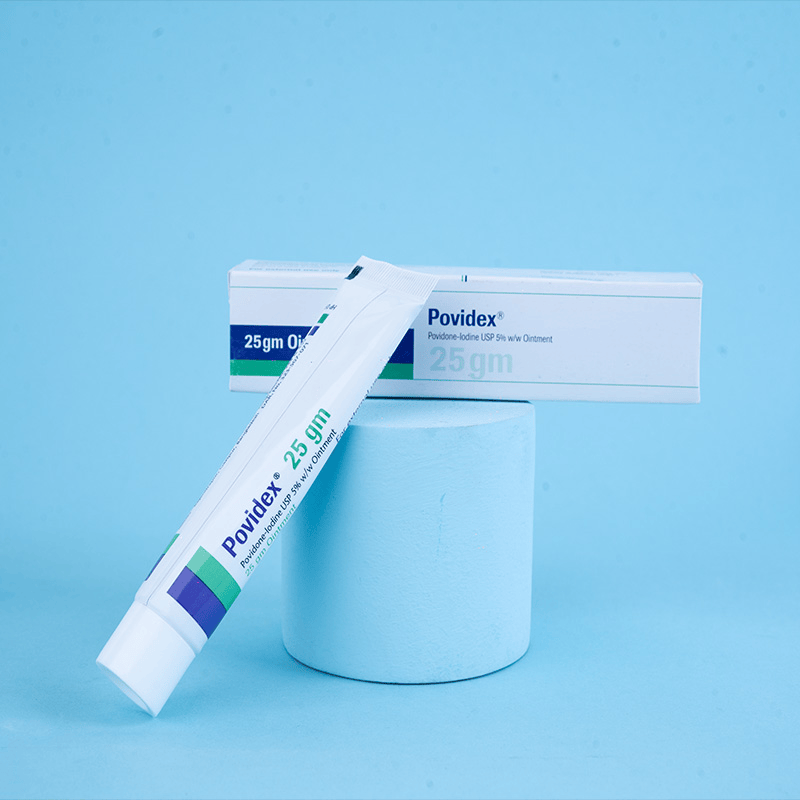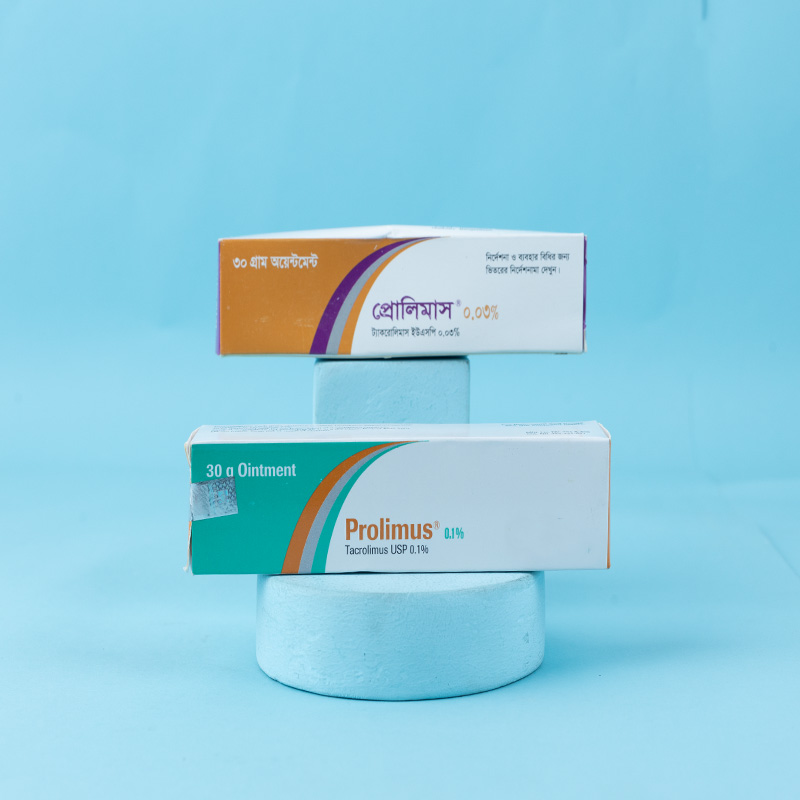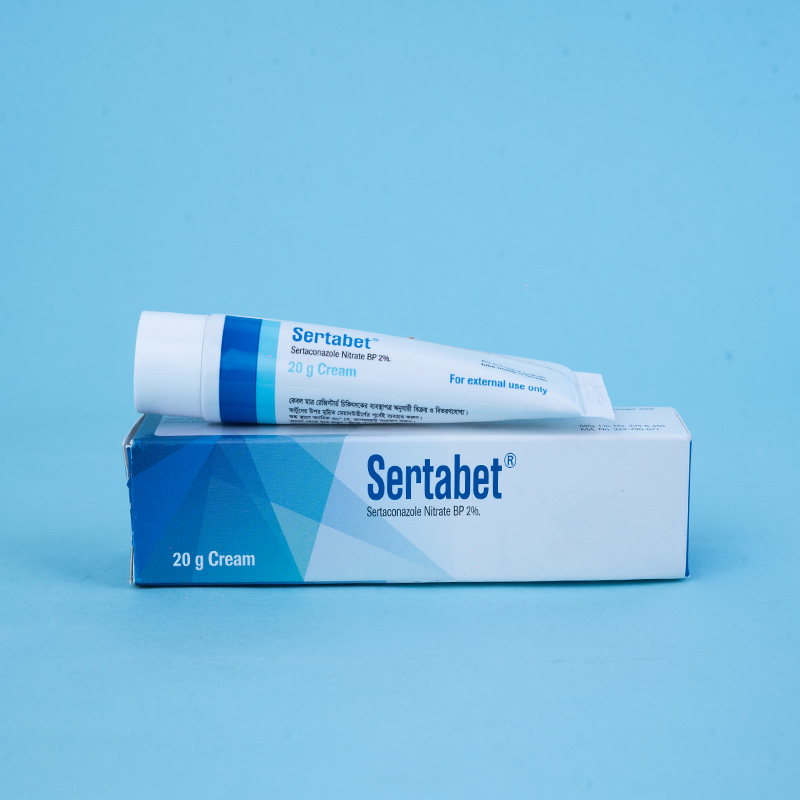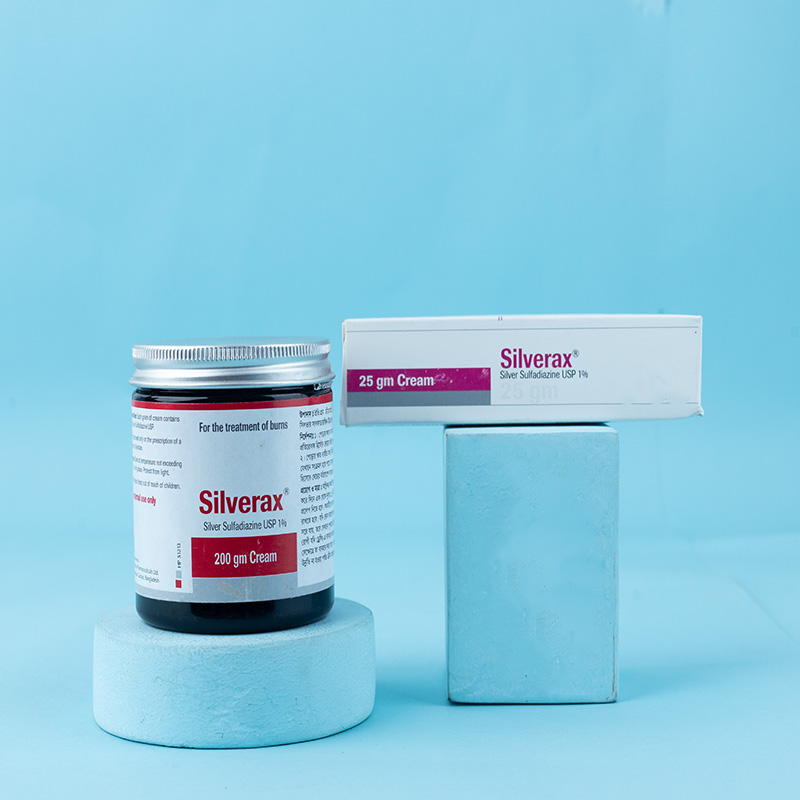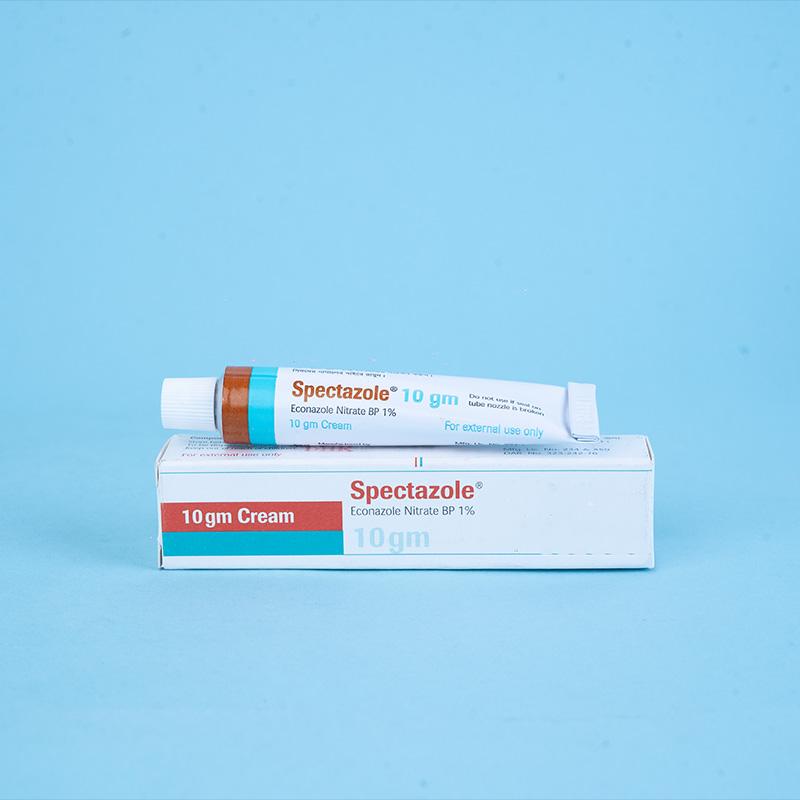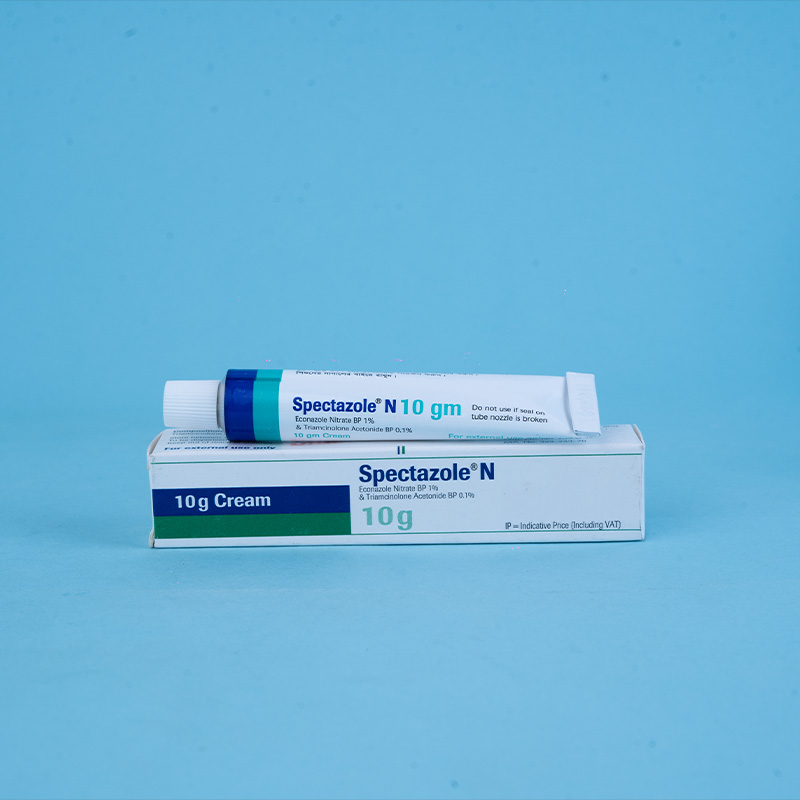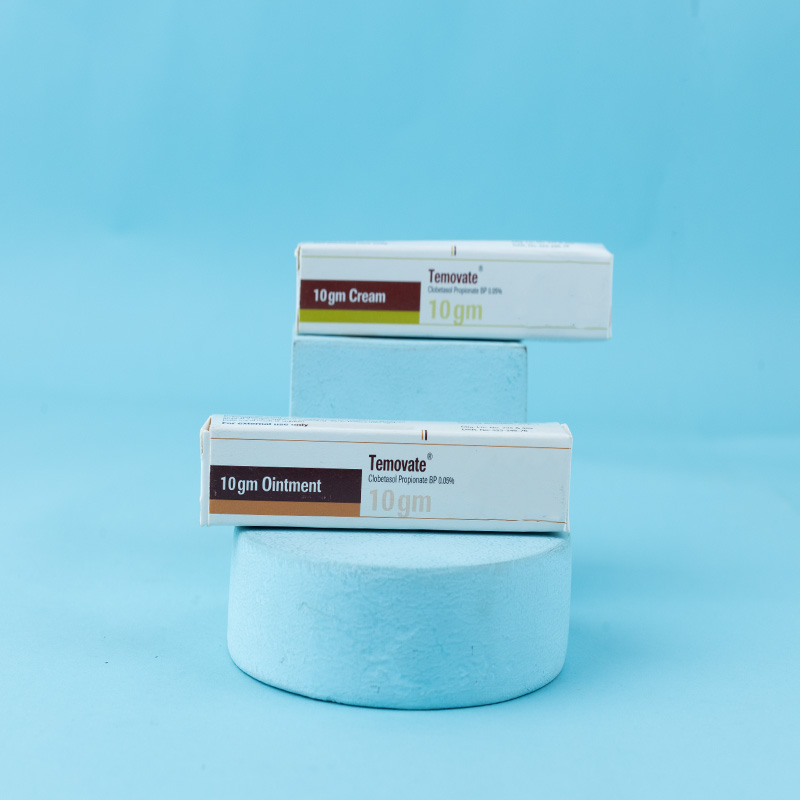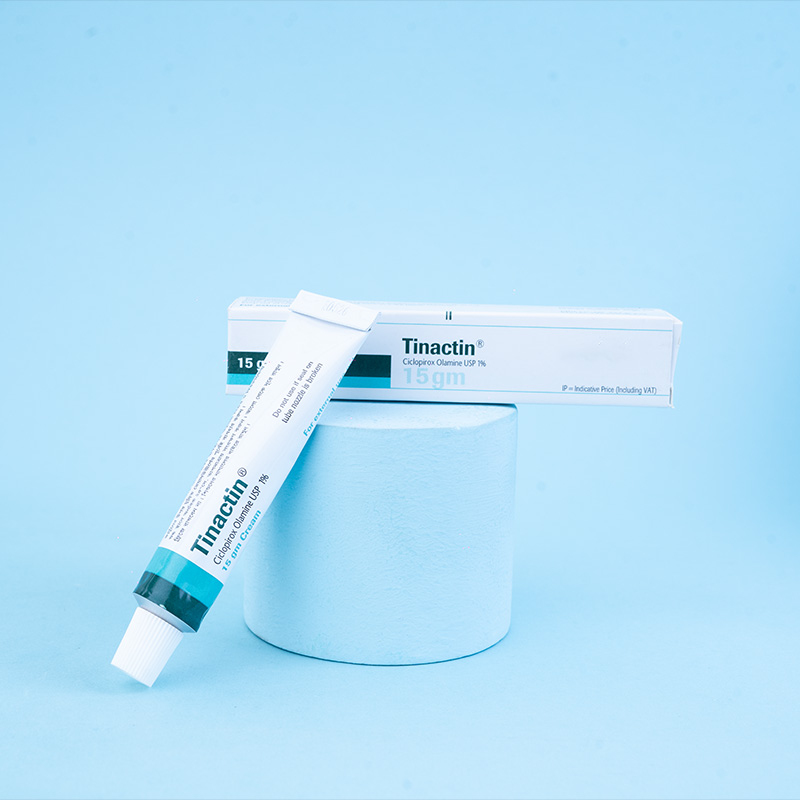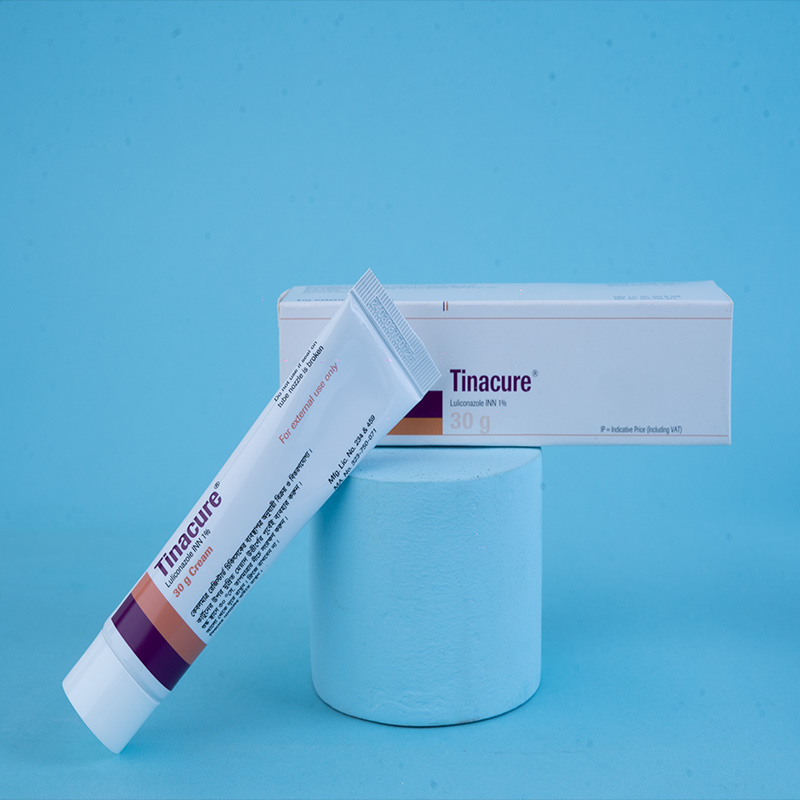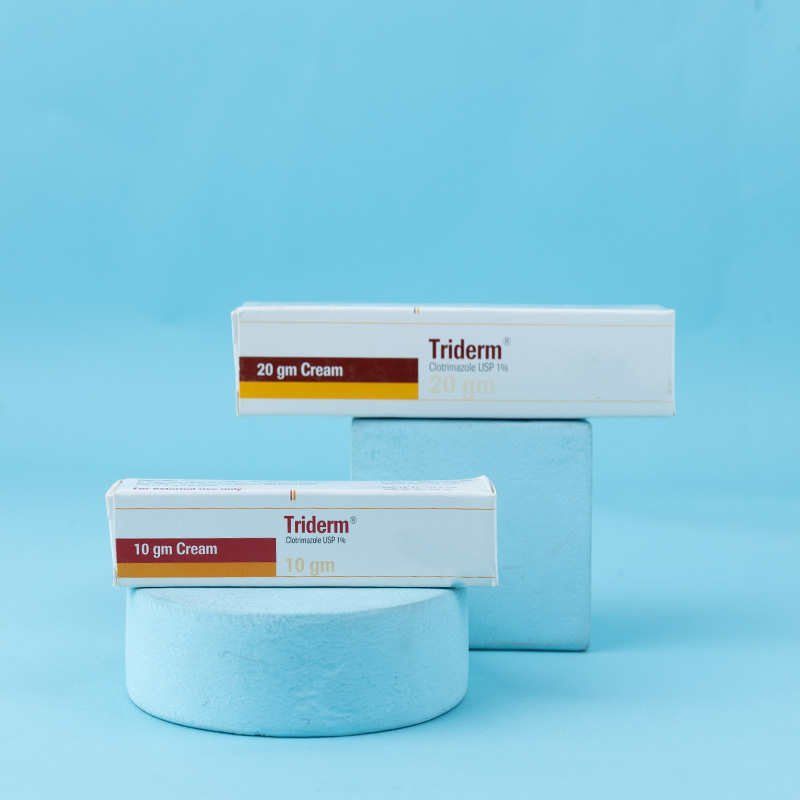Adapalene acts on retinoid receptors commonly found in the skin of the face, back, and chest. It is a modulator of cellular differentiation, keratinization, and inflammatory processes, all of which are important features in the pathology of acne vulgaris. Adapalene binds to specific retinoic acid nuclear receptors, normalizing the differentiation of follicular epithelial cells and resulting in decreased microcomedone formation.

Adapel® cream is indicated for the topical treatment of acne vulgaris.

Adapel® cream should be applied to acne-affected areas once a day at nighttime. A thin film of the cream should be applied to the skin areas with lesions, using enough to lightly cover the entire affected area. Ensure that the affected areas are clean and dry before application.

Adapel® should not be administered to individuals hypersensitive to Adapalene or any of its components.

Adapel® should not be applied to cuts, abrasions, eczematous, or sunburned skin. The cream should not come into contact with the eyes, mouth, angles of the nose, or mucous membranes. If the product enters the eye, rinse immediately with warm water.

Erythema, scaling, dryness, pruritus, burning sensation, skin irritation, stinging, sunburn, and acne flares are commonly observed during the first month of therapy but usually diminish with continued use of the medication.

Concomitant use of other potentially irritating topical products (e.g., medicated or abrasive soaps and cleansers, products with high concentrations of alcohol, astringents, spices, or lime), and products containing sulfur, resorcinol, or salicylic acid should be approached with caution. Absorption of Adapalene through human skin is low; therefore, interaction with systemic medications is unlikely.

No information is available on the effects of Adapalene in pregnant women. Therefore, this product should not be used during pregnancy unless deemed essential by the physician. It is not known whether this drug is excreted in breast milk. Exercise caution when administering Adapalene to a nursing mother.

Safety and effectiveness in children below 12 years of age have not been established.

Store between 20°C and 25°C. Protect from light. Do not freeze.


